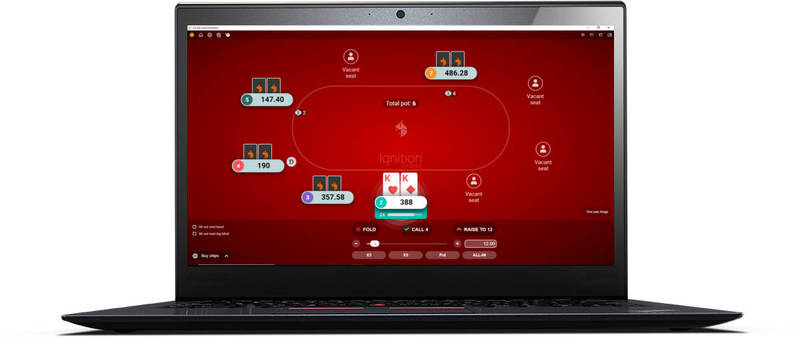Tilting In Poker

"Tilting" is a term used in poker to describe the way a player changes his or her game due to the effects of suffering a bad beat. If a player takes a bad beat, they can be described as "going on tilt" if they subsequently play differently to the way they would usually play.
In a nutshell, 'tilting' is simply a word to describe poor play due to frustration at the poker table.
There are many things in poker, apart form bad beats, that will potentially set you on tilt. If you do not catch any good hands for a long period of time, you can easily become frustrated and start to play with any rag hand that comes your way.
If you find yourself folding to your opponent's shown bluff, then once again you can become irritated and allow your game to deviate from the norm. In addition, if you notice that you would have flopped a monster but decided to fold pre-flop, this can also cause you to alter your game for the worse.
Degrees of tilt in poker.
There are different degrees and varieties of 'tilt'. Some players have the misconception that going on tilt means going all-in with any old hand pre-flop after taking a bad beat, just to vent your frustration. Although you may see this occasionally happen at the table, there are many more subtle forms of tilt that should not be ignored if you want to improve your game.
Tilting is not always simply moving all-in on a random hand due to frustration from a bad beat.
Every time you enter a pot with an opponent because you are looking to even the score with them because of the way they previously outplayed you or lucked out, you are going on tilt. You may elect to play more pots with a certain person in an attempt to outplay them on following streets, possibly because they had taken some of your money in an earlier hand.
Every time you do this you are effectively on tilt, because you have to ask the question: "Would I be playing so many hands against this person if I had no problem with them?" Furthermore, you are unnecessarily risking more of your money if you constantly try and outplay them with the worst hand. Always remember that in poker that you are looking to win money, and not pots.
A common mistake whilst on tilt.
A typical and possibly the most common form of tilt is to chase draws.
If you are faced with a decent size bet against your flush draw, yet you willingly call without the correct pot odds, you are on tilt. After all, would you have called the same bet if you were in a rational state of mind?
No matter how close the odds were to being in your favour, if you still call in an attempt to make your hand when you normally would fold, you are not playing you're A-game. It is a common reaction for a player to chase after money that they have lost when on an unlucky streak; therefore this emotion lends itself nicely to the structure of a drawing hand in poker.
Playing at higher stakes when tilting.
The reaction to chase money that has been lost can cause you to play higher stakes and play out of your bankroll and ignore very important bankroll management rules. This is especially dangerous as not only are you playing at stakes you cannot afford, but you may well be coupling it with the typical 'tilt plays' as mentioned above.
This magnifies the severity of your tilt as you put yourself in a position where you could potentially lose a great sum of money that took you a long time to earn. The vision of being able to claw back all that you have lost or possibly turn a profit at the higher stakes clouds your mind to rationality, and more often than not you will find yourself in an unhappy position in the end.
Poker tilting evaluation.
Successful players have the ability to offset the effects of tilt, which is why they are capable of being winning players at the end of the day. Going on tilt is especially dangerous in pot limit and no limit poker, because of the potential that most or all of your chips are at stake in any given hand.
You can spend hours making money through good play, only to lose it all in one hand because you went on tilt. Never forget that money saved is money earned. The more money you save yourself from losing, the more you can add to your total winnings at the end of the day.
If you continue to play whilst on tilt, you shouldn't have to wonder why you can't win money from online poker.
For further reading about how you can offset the effects of tilt, try how to overcome bad beats.
Go back to the awesome Texas Hold'em Strategy.
Comments

